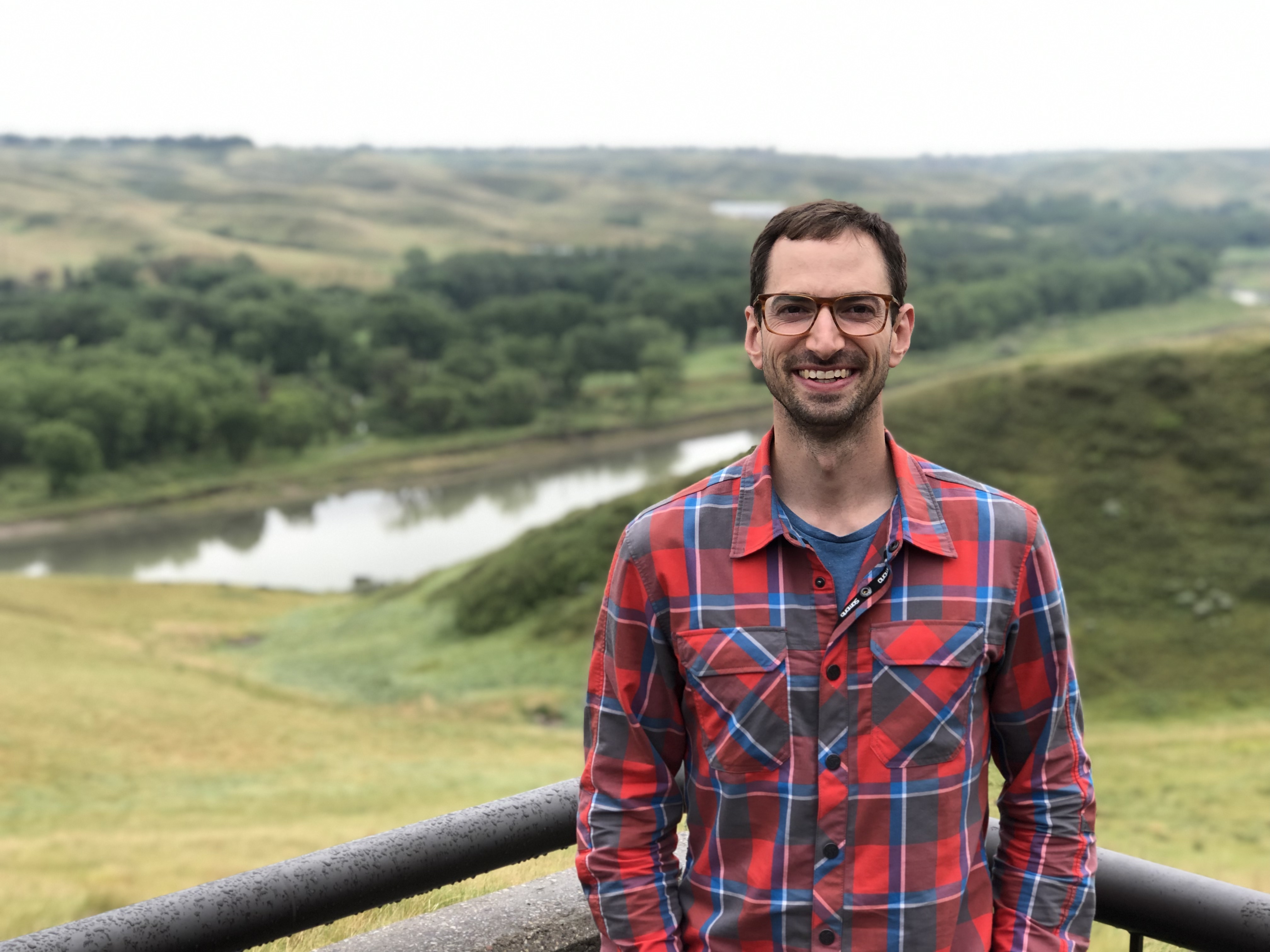The University of Lethbridge has a new Canada Research Chair (CRC) and a second researcher has had his program renewed thanks to $311 million in funding announced today in support of the Government of Canada’s CRC program.
Apooyak’ii Dr. Tiffany Hind Bull-Prete, an assistant professor in the Department of Sociology and member of the Kainai (Blood Tribe) of the Siksikaitsitapi (Blackfoot Confederacy), has been named a Tier II Canada Research Chair in Indigenous Resiliency. Dr. Matthew

Hind Bull-Prete’s CRC appointment is focused on advancing research inspired by the Truth and Reconciliation Commission of Canada’s Calls to Action 21 and 22.
“My work seeks to restore balance and resilience within Indigenous communities, with a particular focus on the Siksikaitsitapi,” she says. “Grounded in Blackfoot principles and conducting community driven research, my work will delve into the intergenerational trauma that has stemmed from colonial policies that severed familial and cultural ties, leaving a legacy of profound trauma.”
The initiative is dedicated to fostering meaningful relationships within the community, strengthening bonds and mutual support. Ultimately, Hind Bull-Prete’s research aspires to document and co-develop models of resilience in collaboration with community members, Elders, and leaders, illuminating how traditional teachings and innovative practices continue to empower the Blackfoot People to restore balance and cultivate a thriving community in the present day.

Hind Bull-Prete earned her Bachelor of Elementary Education, specializing in math and science, her Master of Education and Doctor of Philosophy in Education all at the University of Alberta. She has held a Social Science and Humanities Research Council (SSHRC) Postdoctoral Fellowship, and was an inaugural recipient of the University of Calgary's Provost's Postdoctoral Award for Indigenous and Black Scholars. She has been at the University of Lethbridge since 2022.
As Canada Research Chair in Aquatic Environments, Bogard is exploring how aquatic ecosystems in the Canadian prairies — such as lakes, streams and reservoirs — are affected by these human activities.
By integrating biogeochemical and ecological approaches across scales — from tiny microbial habitats to the entire prairie region — he and his research team are identifying how various stressors are reshaping the cycling of nutrients, organic matter and potent greenhouse gases. Ultimately, their work will help address critical issues, such as the overabundance of nutrients in watersheds (eutrophication) and water quality loss. It will also support the move toward sustainable agriculture and nature-based climate solutions.
